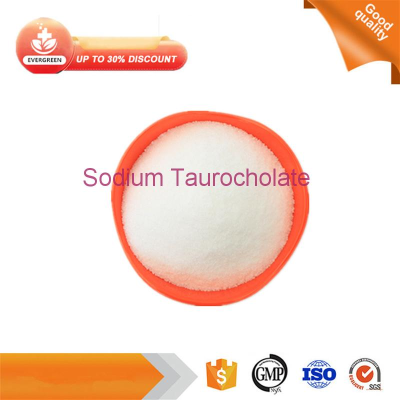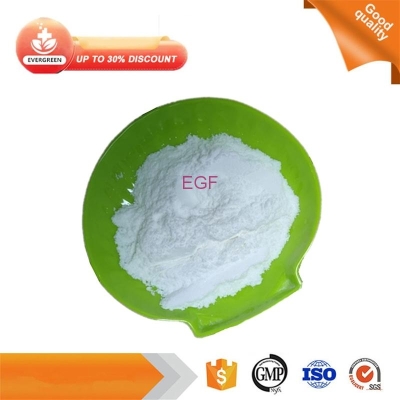-
Categories
-
Pharmaceutical Intermediates
-
Active Pharmaceutical Ingredients
-
Food Additives
- Industrial Coatings
- Agrochemicals
- Dyes and Pigments
- Surfactant
- Flavors and Fragrances
- Chemical Reagents
- Catalyst and Auxiliary
- Natural Products
- Inorganic Chemistry
-
Organic Chemistry
-
Biochemical Engineering
- Analytical Chemistry
- Cosmetic Ingredient
-
Pharmaceutical Intermediates
Promotion
ECHEMI Mall
Wholesale
Weekly Price
Exhibition
News
-
Trade Service
Gastric cancer is a malignant tumor that originates from the epithelium of the gastric mucosa.
In my country, the incidence of gastric cancer ranks first among various malignant tumors, and the current early diagnosis rate is still low.
Although surgical resection is the only appropriate therapy to improve the survival rate of gastric cancer patients, the postoperative complication rate and mortality rate reached 12.
5-18.
3% and 0.
5-1.
2%, respectively.
How to further promote the rehabilitation of patients has become a research hotspot in modern medicine.
Recently, researchers from the Department of Gastrointestinal Surgery of the Affiliated Hospital of Qingdao University published a research report titled Impact of drinking Chinese green tea on postoperative short outcomes for gastric cancer: a randomized controlled trial in the European Journal of Clinical Nutrition, which discussed gastric cancer.
The effect of drinking green tea after surgery on the recovery of patients.
https://doi.
org/10.
1038/s41430-021-00868-8 In previous explorations, researchers have found that early postoperative fluid and food intake can promote patient recovery without increasing the incidence of fistulas.
However, there is still a big debate about which liquid or food is more beneficial to patients.
In China, green tea is one of the most common drinks.
It is rich in catechins, various amino acids and caffeine.
It has multiple pharmacological properties such as antioxidant, anti-inflammatory, cholesterol-lowering, anti-arteriosclerosis and antibacterial.
Therefore, the researchers explored the effect of green tea intake after gastric cancer surgery on postoperative recovery.
From September 2017 to September 2018, a total of 80 patients with gastric cancer underwent surgery, 40 patients drank tea drinks made at a ratio of 1:200 (green tea: water) after surgery, and 40 patients received Ingest drinking water.
The main result is the recovery of the patient’s gastrointestinal function.
The evaluation criteria are the first gastrointestinal gastrointestinal gas, the first bowel movement and the time to tolerate solid food after the operation.
The secondary results include the incidence of postoperative complications, nausea, and Adverse reactions such as vomiting, diarrhea, and postoperative hospital stay.
The research flow chart observation results show that the gastrointestinal function of patients who drank green tea after the operation recovered better.
In the first postoperative exhaust time, the patients who consumed drinking water took 76.
96±20.
35 hours (h), while the data of the green tea group was 47.
23±13.
46, which was shortened by 20%~38%.
Not only that, the intake of green tea also shortened the time for patients to defecate for the first time by 32%~61% (78.
70±25.
77 vs.
125.
76±36.
25), and the average time of tolerance to solid foods was shortened by 28%~45% (62.
20± 16.
15 vs.
98.
66±20.
15).
Comparison of the time to tolerate solid food for the first gastrointestinal gas and the first bowel movement between the green tea intake group and the drinking water intake group.
TNF-α and PCT are important markers for the determination of inflammation and infection in patients.
The data showed that on the third day after surgery, the TNF-α and serum PCT of the patients in the green tea group were significantly lower than those in the control group, indicating that drinking green tea after gastrectomy can have a certain anti-infection effect and reduce postoperative inflammation.
In terms of adverse reactions, the difference between the two groups was not significant.
Overall, this study shows that drinking green tea may be an effective postoperative intervention, which can improve the recovery rate of patients after gastrectomy for gastric cancer, and it can also be used as a supplement to enhance analgesia and anti-inflammatory effects after surgery.
method.
End reference materials: [1]#Abs1







